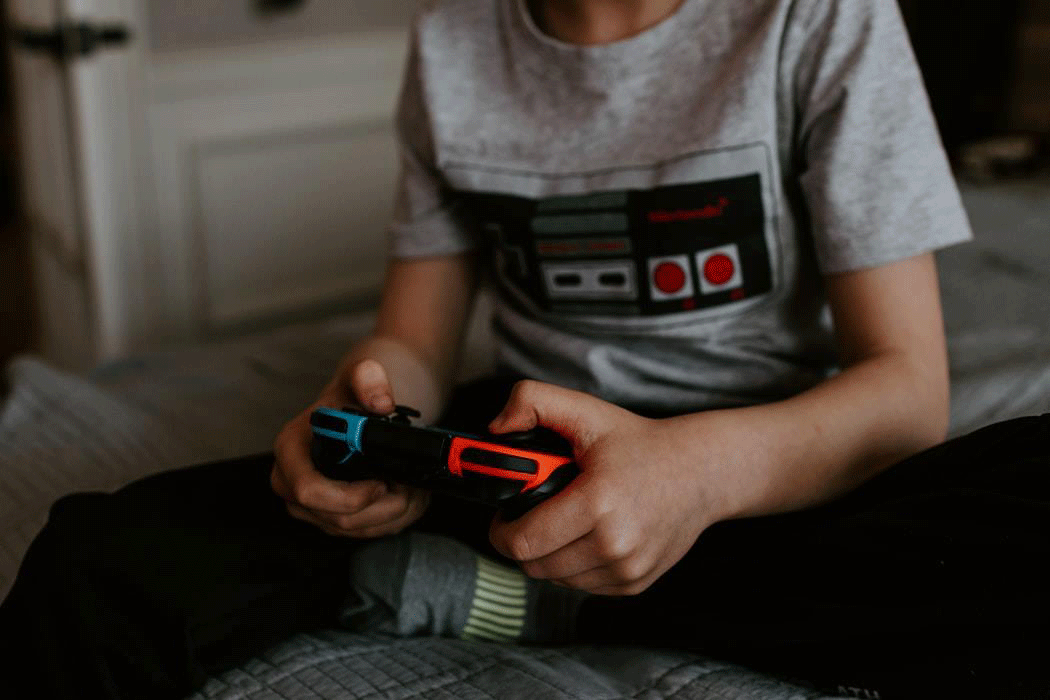When you feel stressed about getting your child off a screen
We hear about the impact of technology on the developing brain; the dopamine addiction, the shortened attention span, the interference with melatonin production, the desensitisation to violence and this leads to mixed feelings about screens.
If you are about to end a period of screentime and dreading the inevitable meltdown, take 5 minutes to listen to this before you do. I promise you it’ll be worth it.

How much screentime is ok?
This depends on age and varies from child to child. Experiment with how long and what kinds of screentime each child can handle without getting too off track afterwards. Screens generally (not always) have the effect of making your child feel less connected.
A good policy is to base decisions on frequency and duration of screentime on your child’s level of connectedness rather than any blanket rule. So if your child is already being rigid, urgent, demanding, whiney or subdued it might be a sign that they are not in best shape to tolerate the further potential disconnection of screentime.
Conversely, if they are their sweet, engaged, helpful selves, they can probably tolerate a longer stretch. This is a more responsive approach than a policy of ‘TV for 2 hours a day at the weekends’ or whatever.
How should I set a limit?
If some time has passed since you last connected with your child, instead of going in there with a demand, try taking a minute to offer your warm presence and delight. You might watch a few moments of the show with them, give them a cuddle, or find some way of showing your affection.
Warmly, physically stop the screen time. Ideally moving in physically, placing a hand over our kids gaming hand or on the remote control and making a verbal suggestion that it is time to stop now. We don’t need to slam the laptop shut or pull the plug, we just need to propose an end, but do so physically (rather than calling out a request).
It’s up to you whether you allow 5 more minutes or let them finish an episode. If your default is to always allow a little more, try holding firm this time. If your default is a rigid no, see what it’s like to be flexible if you have time.
Then you proceed by holding the limit and allowing any feelings that come up for your child. Whilst they cry or rant and rave, you’ll stay close and listen without trying to fix anything. If you can let them have a big upset about this, they’ll get an opportunity to clear the build up of tension in their system. Keep listening until they are through the other side and you’ll have your easy going, co-operative child back again.
